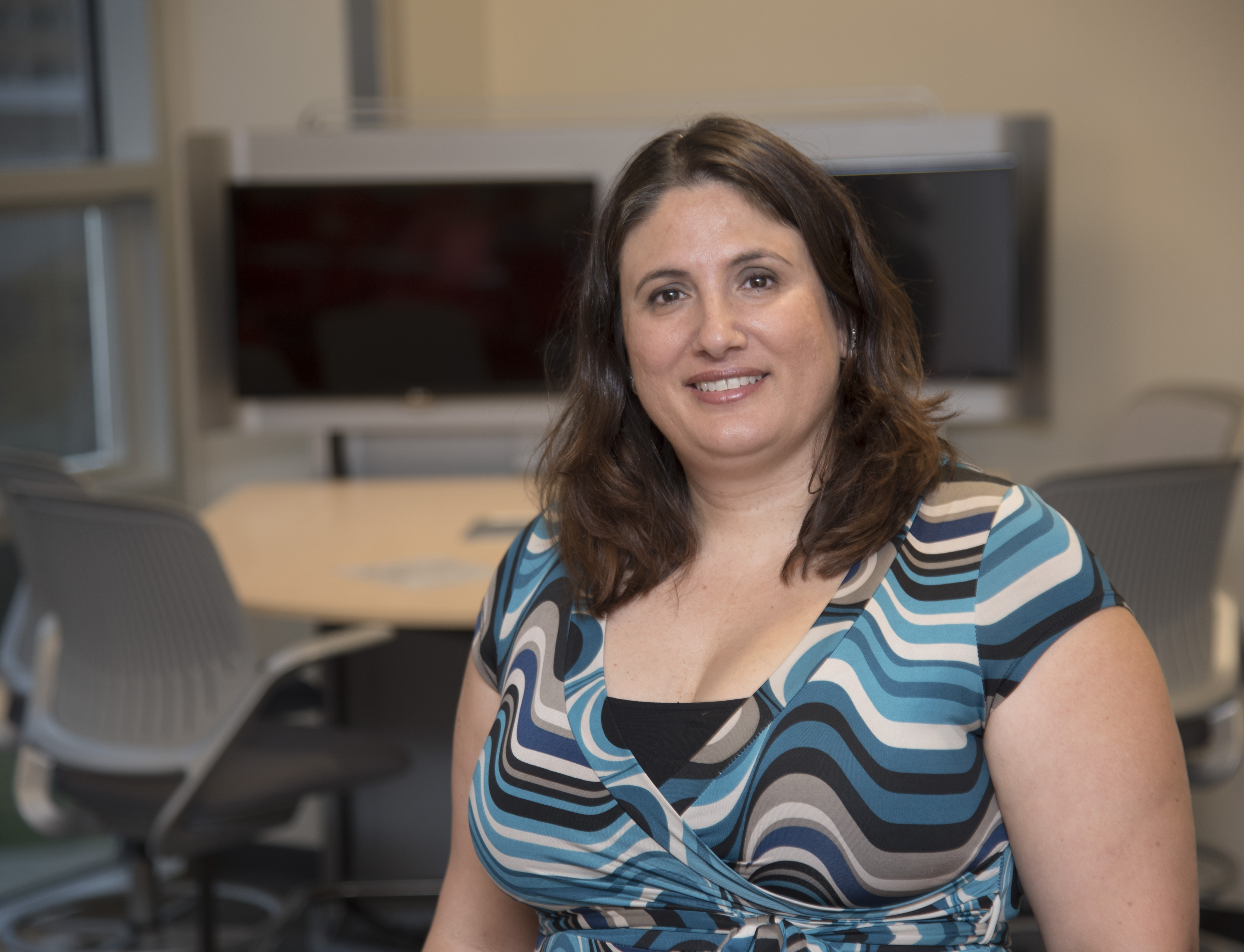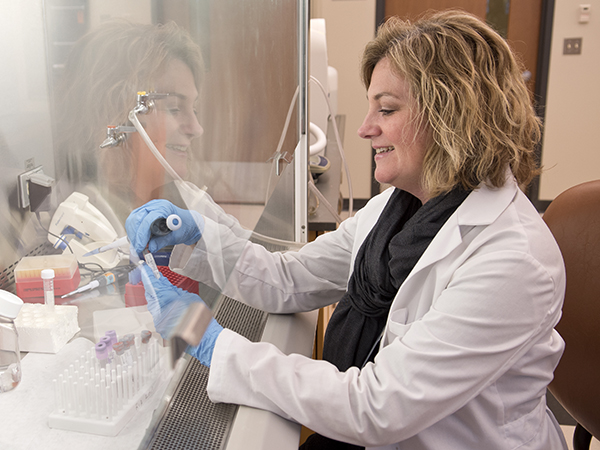|
The University of Mississippi Medical Center outpaces institutions such as Harvard Medical School and Johns Hopkins University in relative research productivity. UMMC scientists publish 10 peer-reviewed publications for every $1 million they receive from the National Institutes of Health. Meanwhile, the top five U.S. medical schools for research, based on the 2016 rankings from U.S. News and World Report, average only five or six. In light of this knowledge, Dr. Wayne Wahls, at the University of Arkansas for Medical Sciences, has a proposition for government funding agencies.
|

|
With only a few weeks left in her premed undergraduate degree program at the University of California, Davis, Shamsi Berry decided she'd rather have a degree in physical anthropology. Little did she know that she had taken the first step on the road to becoming a leader in one of the fastest-growing fields in health care: informatics.
|
|
The Medical Center is proud to announce the following additions to its faculty and leadership staff.
|

|











